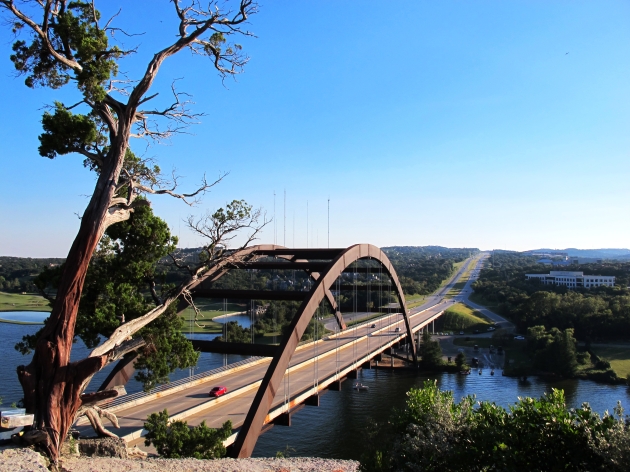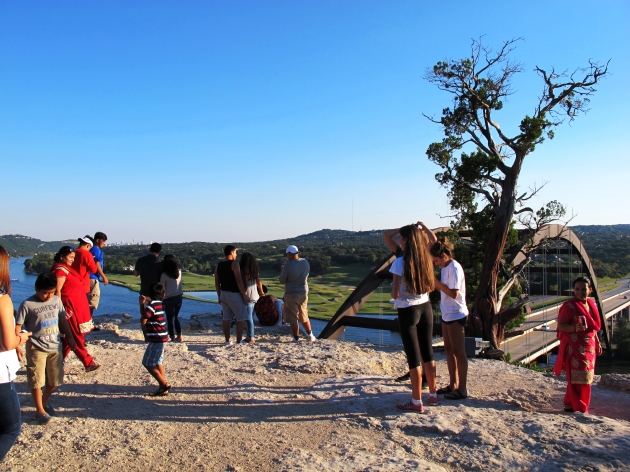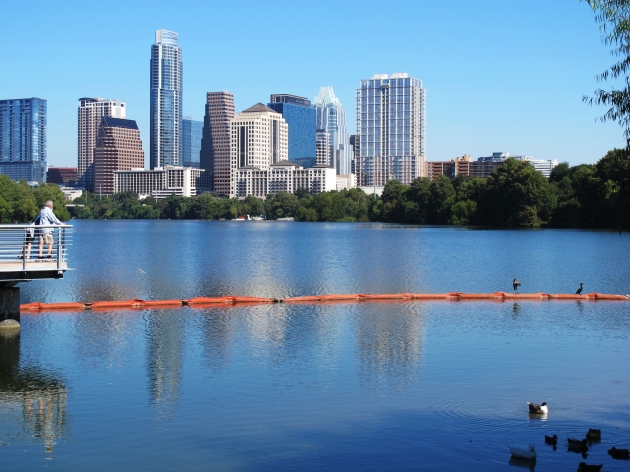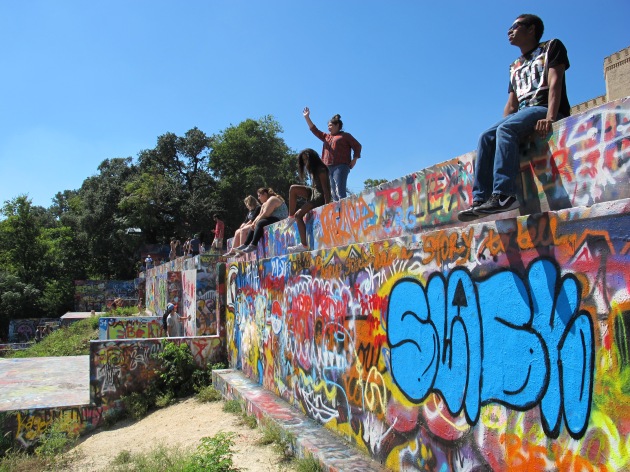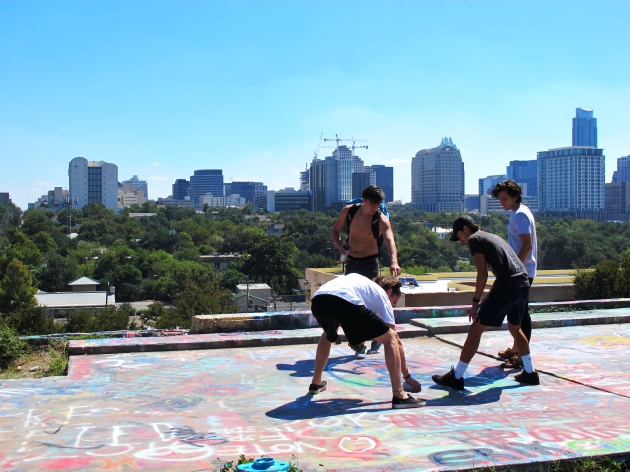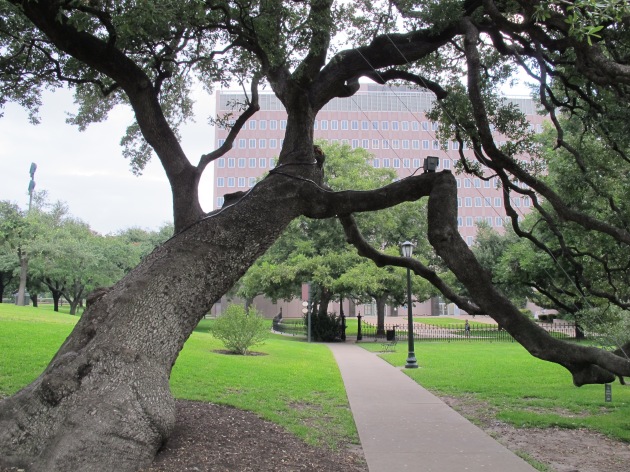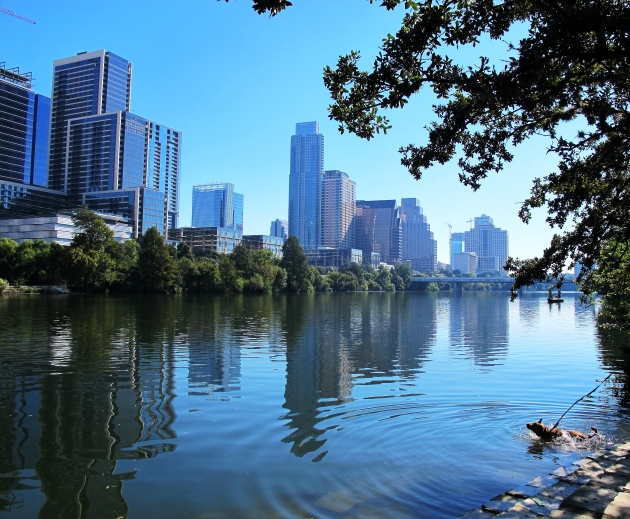Tricks of Memory
March 5, 2017 14 Comments
Sometimes I imagine that I’m in a room filled with all of the friends, family, and acquaintances I’ve ever known. My wife is there. So are my parents, my sister, and my whole extended family. Arrayed around me are many of my best friends. Jonathan and Ronald, two of my childhood basketball buddies, talk sports with a group of my Dallas friends. They appear to know each other even though location and time separate them; in reality they’ve never met.
Here and there, mixed in with the more familiar faces, I also see strangers I met only once—a retired federal employee who sat next to me on an Amtrak train from Boston to Seattle, who for his entire life had commuted from Spokane to Seattle only by train; a German backpacker whom I spent the day with wandering the ruins of Tulúm in the Yucatan; or Tarzo, a Brazilian journalist who, with a strange delighted glint in his eye, spun global conspiracy theories in a Buenos Aires hostel so many years ago.
Still others may be people I saw every day for a period of time in my life and with whom I barely exchanged more than a friendly “hello”, yet whose “hello” was just what I needed in that moment of a rough day. Pete, a math teacher whose classroom shared a hall with mine when I taught Spanish near Houston, expounds on a recent scientific discovery. Pete made me feel welcome in a school where, as a new teacher, I knew hardly anyone.
It’s strange the tricks memory plays on us. Storytelling requires chronology and sequence, yet memory is only sometimes chronological. Everything it contains seems to have happened all at once. I was reminded of this when I returned to my hometown, Austin, last year. The more deeply I immersed myself in this massive city that once seemed small, the more random recollections exploded in my mind. They lit up like so many thousands of lightning bugs on a cool Michigan night, bright and ephemeral and impossible to snatch out of the darkness.
In an instant I remembered running through the woods near my friend Albert’s duplex. We played hide-and-go-seek and tussled with other kids whose aim was to bully us. Those woods are long gone. In their place stand cookie cutter houses that over time have come to look as if they’ve always been there. Their apparent permanence makes me question how big those woods were, with their sprawling live oak trees, where the odd rattle snake slithered among loose stones.
Over time I comprehend better why generations struggle to understand each other. While in Austin I stopped by the ice cream shop I worked at when I was in high school. I opened the very door I had windexed a thousand times and was greeted by a smiling teenager. “Welcome to Baskin Robbins!” he said. I told him I had worked there too when I was about his age. He nodded but didn’t say much.
Then it occurred to me that when I was his age, he had yet to even be born. He wouldn’t enter this world for another four years. Most of my world predated his. Hence, it didn’t exist to him. History before his birth was a mere instant, not the long, sometimes meandering personal history I had experienced as my life. How strange, but also how exhilarating that we get to experience life with the same newness and exhilaration as every generation that has come before us.
*I’ve decided to start blogging again. I have missed it, and it has been far too long. I will be rusty for a while. I invite any newcomers to peruse through my older posts.
Pictures of Austin:
